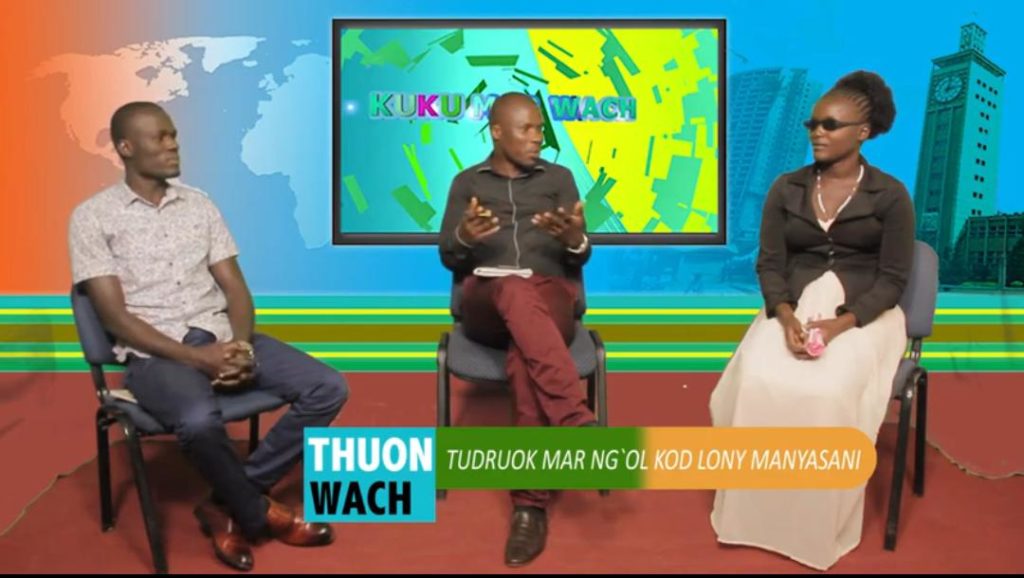Meet Joyce: Reimagining her Future After Sudden Blindness
inableAdmin

Every year on October 11th, UNICEF observes International Day of the Girl to raise their voices and advocate for their rights. This year, let us seize the opportunity to reimagine a better world inspired by adolescent girls – energized and recognized, counted and invested in – under the theme “My voice, our equal future.”
Since the Fourth World Conference on Women in Beijing, China 25 years ago, women have been fighting for their freedoms. Many young girls have gained the confidence to speak out in recent years to defend their rights to education, among other human rights. Malala Yousafza is one of these determined women, having fought for girls’ right to education since she was 11 years old. In 2012, Taliban gunmen attempted an assassination attack on her because of her advocacy. Malala has become a global advocate for girls’ rights since her recovery
The World Bank reports that children with disabilities are much more likely to drop out of school entirely. Joyce Achola, a young blind woman from a remote village in Kenya, was up against the odds for her education. However, like Malala, she chose to fight for her right to an education.
Joyce revealed to Lolwe TV, a radio station in Kisumu County, Kenya, that she went blind after graduating from high school. She grew up blind and struggled to accept her situation at first. Her family enrolled her in the St. Oda School for the Blind in Siaya County, Kenya, to learn braille to help her adjust to her new situation. Joyce learned how to use assistive technology and computers at St. Oda through the inABLE Computer Labs for the Blind Program.
Joyce is currently a final-year student at Asumbi Teachers Training College and hopes to become a special needs teacher after graduation. She rediscovered her love of writing at St. Oda, and she was named 1st Runners Up- Learners with Disabilities Category during the 2018 eKitabu Essay Competition on how technology has changed her life.
Joyce can also operate any computer, laptop, or mobile phone independently using the NVDA program and other assistive technology devices. Learners turned to remote earning to continue their education during the pandemic.
“Joyce has been able to continue her lessons online and keep up with her friends and peers on social media thanks to the computer lessons she learned at inABLE. She is also honing her web development skills and hopes to make money from her coding abilities in the future,” said Shadrack Otieno, inABLE Computer Instructor.
Despite global advocacy and progress, the reality is quite the opposite, particularly in Africa. According to Plan’s Children in Focus report, the global economic cost of failing to educate girls to the same level as boys is $92 billion per year. As a result, the world cannot afford to ignore the critical role of girl-child education.
According to Malala Yousafza , “We need economic systems that work for girls and women – not against them. We need to reshape the outdated curriculum that still defines what girls and boys learn in the classroom and take into the world. We need more women in decision-making roles on education policies and budgets.